OPEC deal looks wobbly as Saudi Arabia's millennial prince visits White House
Wed 15 Mar 2017, 07:39:05

OPEC's oil production alliance appears to be on shaky ground, and crude prices continued a weeklong dive, as Saudi Deputy Crown Prince Mohammed bin Salman visited the White House on Tuesday.
Bin Salman represents the new face of Saudi Arabia, and he is the draftsman of a plan to reform the kingdom and diversify it away from oil. He is also seen as a key figure backing the deal between OPEC members and nonmembers like Russia to curb production and stabilize the market price. In Washington, among the topics he was expected to discuss were the war in Yemen and the Iranian nuclear deal.
Analysts say while it appears to be frayed, there is a good chance OPEC and its partners will ultimately keep their deal intact and extend it, because oil in the low $40s per barrel would strain the budgets of producing nations and make it much more difficult for the types of reforms that the deputy crown prince is trying to achieve. But between now and then, oil prices could be rocky. OPEC members have said they would assess extending the agreement to cut 1.8 million barrels in production when they meet in May.
Bin Salman represents the new face of Saudi Arabia, and he is the draftsman of a plan to reform the kingdom and diversify it away from oil. He is also seen as a key figure backing the deal between OPEC members and nonmembers like Russia to curb production and stabilize the market price. In Washington, among the topics he was expected to discuss were the war in Yemen and the Iranian nuclear deal.
Analysts say while it appears to be frayed, there is a good chance OPEC and its partners will ultimately keep their deal intact and extend it, because oil in the low $40s per barrel would strain the budgets of producing nations and make it much more difficult for the types of reforms that the deputy crown prince is trying to achieve. But between now and then, oil prices could be rocky. OPEC members have said they would assess extending the agreement to cut 1.8 million barrels in production when they meet in May.
"If MBS is here to talk about broader economic issues, selling the Saudi IPO, selling the broad Saudi Vision 2030 plan, the reality is Saudi Arabia looks more economically attractive in a higher oil price environment," said Helima Croft, global head of commodity strategy at RBC. "This is the tension. In a lower oil price environment, the math on that becomes more challenging."
Known as MBS, bin Salman is the favorite 31-year-old son of King Salman and is seen as a contender for the throne.
On the surface, the market bought the idea that the OPEC production plan was working well – and oil prices were holding in the $50s. That was until Saudi Energy Minister Khalid Al-Falih revealed at the CERAWeek by IHS Markit conference in Houston last week that he was not happy with the compliance of some producers and that Saudi Arabia would not carry an unfair amount of the cuts or be used by others.
He also said OPEC was more aligned than ever and said Saudi Arabia was producing below the key psychological 10 million barrels a day level.
"Coming after Khalid Al-Falih's deliberate comments about compliance, his criticism of some other parties keeping up their end of the agreement, it feeds a narrative of Saudi backing away from the agreement. If Saudi backs away, there is no agreement. Saudi drives the OPEC bus. I do think this is more a shot across the bow," said Croft.
At the same CERAWeek conference last week, Iraqi Oil Minister Jabbar Ali Al-Luiebi said that Iraq would be producing 5 million barrels a day by the second half of the year, after just reaching 4 million barrels a day in mid-2016. He also said export capacity could ultimately get to 7 million barrels a day, but he told CNBC after his remarks in Houston that Iraq does not want to "unsettle" the market.
"I think that Iraq production is not really coming off. They seem to be focused on exports and even the export numbers are
not really coming off. I think a little bit of this is the Saudis are probably tacitly OK with the narrative that they're not going to shoulder the burden on their own," said Michael Cohen, head of energy research at Barclays. "They're also concerned about non-OPEC compliance, namely Russia and they're not seeing the cuts coming through."
Another thorn in the side of the deal between the Organization of the Petroleum Exporting Countries and other producers has been the U.S. shale industry, which has turned the pumps back on as the production deal pushed oil above $50. The U.S. is now producing more than 9 million barrels a day. A surge in supply in the weekly U.S. inventory data helped kick off what's been a more than 10 percent decline in oil prices. Al-Falih last week said OPEC welcomed shale drillers back to the market. But he also said he is monitoring the activity.
"Green shoots are here in the U.S. and maybe growing too fast. I am moderating the watering of green shoots," he said.
Cohen said he expects OPEC to ultimately extend some sort of deal. "Our view is still one that sees an agreement in some form in place and we have not really wavered from that view," he said. "The reason is based on the fact that completely taking their hand off the wheel again is not something consistent with what many OPEC leaders want."
Oil tanked on Tuesday, after a report from OPEC showed higher global inventories despite the deal. "That OPEC report was a bit of a shock with the Saudis self-reporting a 10 million barrel a day production number. The secondary sources had them producing under 10 million. The market reacted badly to that and the acknowledgement that global inventories were rising," said John Kilduff of Again Capital.
"There was the headline acknowledgement and prices sold off ... I think they're going to engineer another price collapse, they've got to do more than that. It's got to be in everybody's face. I think the real wake-up call is when you break $35."
Croft said oil prices will be more volatile until there are more signs of harmony among the key producers. Crude could also take another down leg if the U.S. weekly supply data released Wednesday at 10:30 a.m. ET shows another big build. West Texas Intermediate futures were down for a seventh day Tuesday, falling 1.4 percent to $47.72 per barrel. Brent, the international benchmark was at $50.90 per barrel.
"I kind of feel like this is Saudi cracking the whip ... not threatening to pull out of the deal but leaving roll over up in the air," said Croft.
Russia's energy minister, Alexander Novak, also said last week that it was too soon to say whether the deal, agreed to in December, would be extended but he and others all spoke in support of it. "They don't want $60 [oil] but firming the case for $50 makes sense for their key policy priorities. Are you going to pick keeping as much shale as you can on the sidelines? Or are you going to pick your key economic priorities? If it's sub $50, or $50, I think they roll this over."
Known as MBS, bin Salman is the favorite 31-year-old son of King Salman and is seen as a contender for the throne.
On the surface, the market bought the idea that the OPEC production plan was working well – and oil prices were holding in the $50s. That was until Saudi Energy Minister Khalid Al-Falih revealed at the CERAWeek by IHS Markit conference in Houston last week that he was not happy with the compliance of some producers and that Saudi Arabia would not carry an unfair amount of the cuts or be used by others.
He also said OPEC was more aligned than ever and said Saudi Arabia was producing below the key psychological 10 million barrels a day level.
"Coming after Khalid Al-Falih's deliberate comments about compliance, his criticism of some other parties keeping up their end of the agreement, it feeds a narrative of Saudi backing away from the agreement. If Saudi backs away, there is no agreement. Saudi drives the OPEC bus. I do think this is more a shot across the bow," said Croft.
At the same CERAWeek conference last week, Iraqi Oil Minister Jabbar Ali Al-Luiebi said that Iraq would be producing 5 million barrels a day by the second half of the year, after just reaching 4 million barrels a day in mid-2016. He also said export capacity could ultimately get to 7 million barrels a day, but he told CNBC after his remarks in Houston that Iraq does not want to "unsettle" the market.
"I think that Iraq production is not really coming off. They seem to be focused on exports and even the export numbers are
not really coming off. I think a little bit of this is the Saudis are probably tacitly OK with the narrative that they're not going to shoulder the burden on their own," said Michael Cohen, head of energy research at Barclays. "They're also concerned about non-OPEC compliance, namely Russia and they're not seeing the cuts coming through."
Another thorn in the side of the deal between the Organization of the Petroleum Exporting Countries and other producers has been the U.S. shale industry, which has turned the pumps back on as the production deal pushed oil above $50. The U.S. is now producing more than 9 million barrels a day. A surge in supply in the weekly U.S. inventory data helped kick off what's been a more than 10 percent decline in oil prices. Al-Falih last week said OPEC welcomed shale drillers back to the market. But he also said he is monitoring the activity.
"Green shoots are here in the U.S. and maybe growing too fast. I am moderating the watering of green shoots," he said.
Cohen said he expects OPEC to ultimately extend some sort of deal. "Our view is still one that sees an agreement in some form in place and we have not really wavered from that view," he said. "The reason is based on the fact that completely taking their hand off the wheel again is not something consistent with what many OPEC leaders want."
Oil tanked on Tuesday, after a report from OPEC showed higher global inventories despite the deal. "That OPEC report was a bit of a shock with the Saudis self-reporting a 10 million barrel a day production number. The secondary sources had them producing under 10 million. The market reacted badly to that and the acknowledgement that global inventories were rising," said John Kilduff of Again Capital.
"There was the headline acknowledgement and prices sold off ... I think they're going to engineer another price collapse, they've got to do more than that. It's got to be in everybody's face. I think the real wake-up call is when you break $35."
Croft said oil prices will be more volatile until there are more signs of harmony among the key producers. Crude could also take another down leg if the U.S. weekly supply data released Wednesday at 10:30 a.m. ET shows another big build. West Texas Intermediate futures were down for a seventh day Tuesday, falling 1.4 percent to $47.72 per barrel. Brent, the international benchmark was at $50.90 per barrel.
"I kind of feel like this is Saudi cracking the whip ... not threatening to pull out of the deal but leaving roll over up in the air," said Croft.
Russia's energy minister, Alexander Novak, also said last week that it was too soon to say whether the deal, agreed to in December, would be extended but he and others all spoke in support of it. "They don't want $60 [oil] but firming the case for $50 makes sense for their key policy priorities. Are you going to pick keeping as much shale as you can on the sidelines? Or are you going to pick your key economic priorities? If it's sub $50, or $50, I think they roll this over."
No Comments For This Post, Be first to write a Comment.
Most viewed from International
Most viewed from World
AIMIM News
Latest Urdu News
Most Viewed
May 26, 2020
Which Cricket team will win the IPL 2025 trophy?
Latest Videos View All
Like Us
Home
About Us
Advertise With Us
All Polls
Epaper Archives
Privacy Policy
Contact Us
Download Etemaad App
© 2025 Etemaad Daily News, All Rights Reserved.

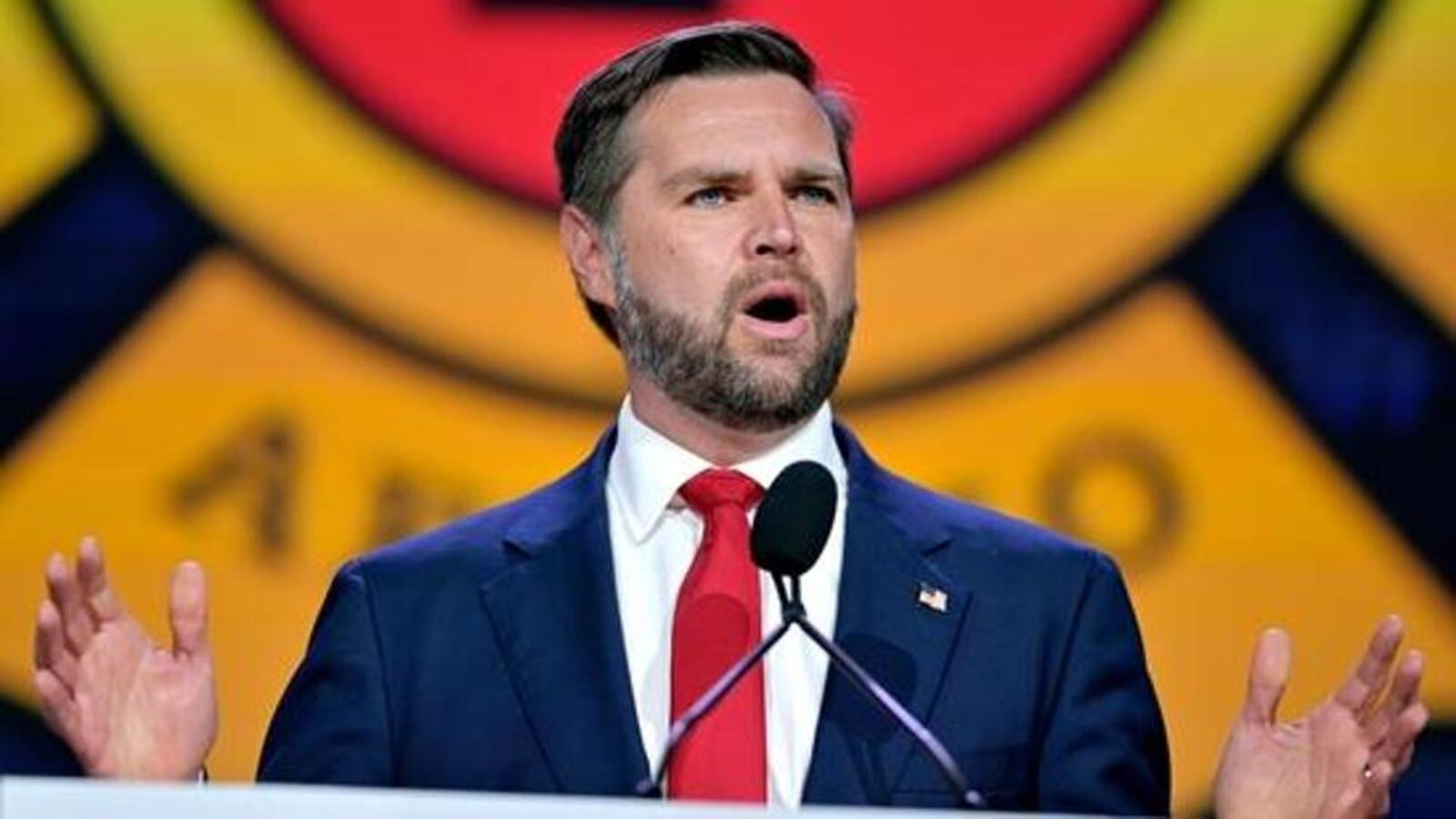
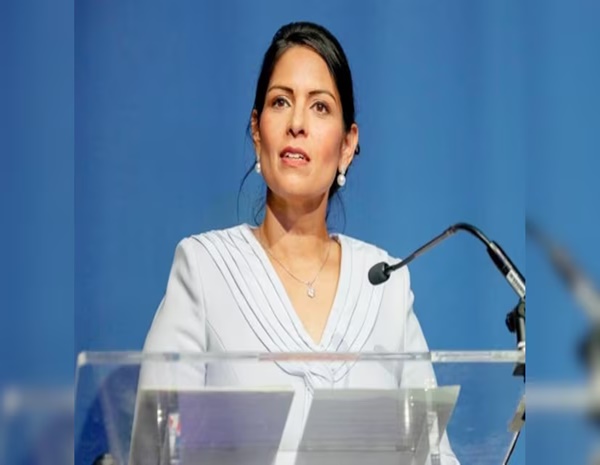
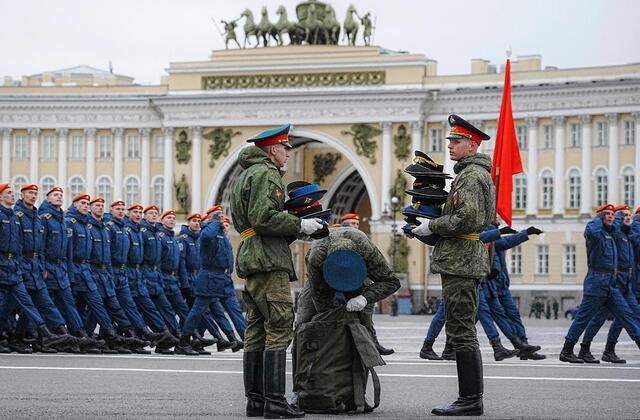
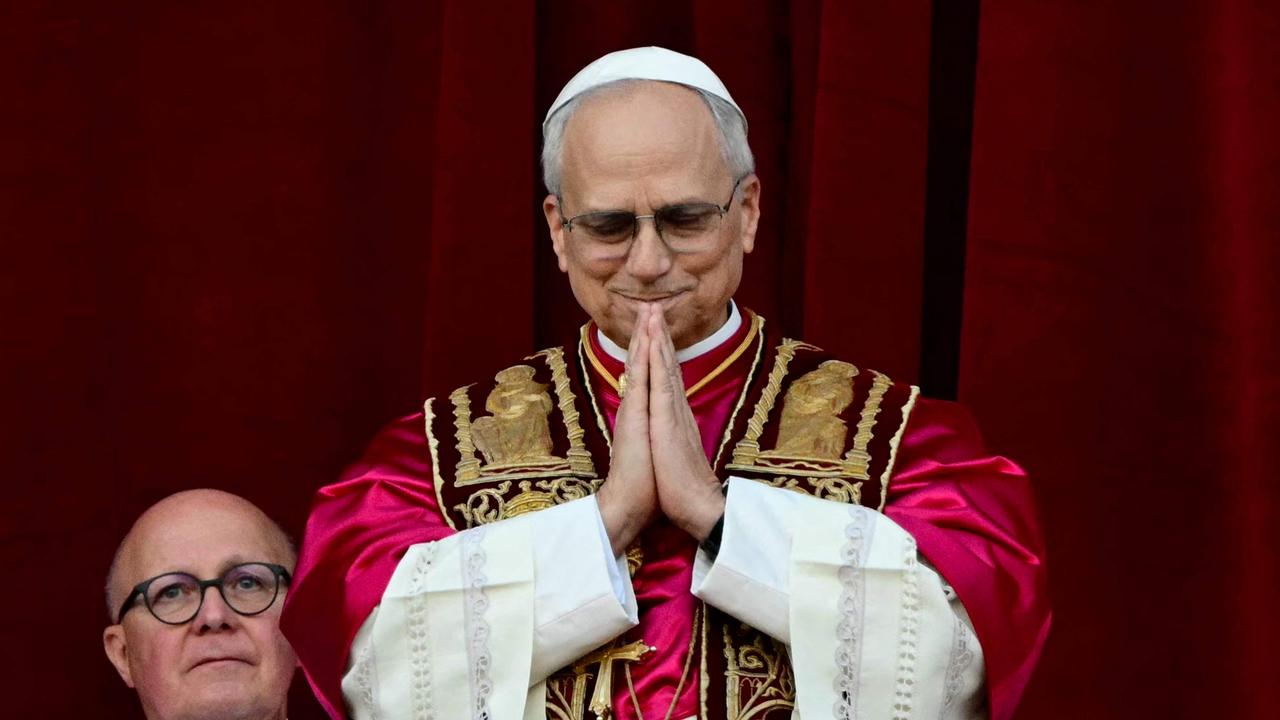

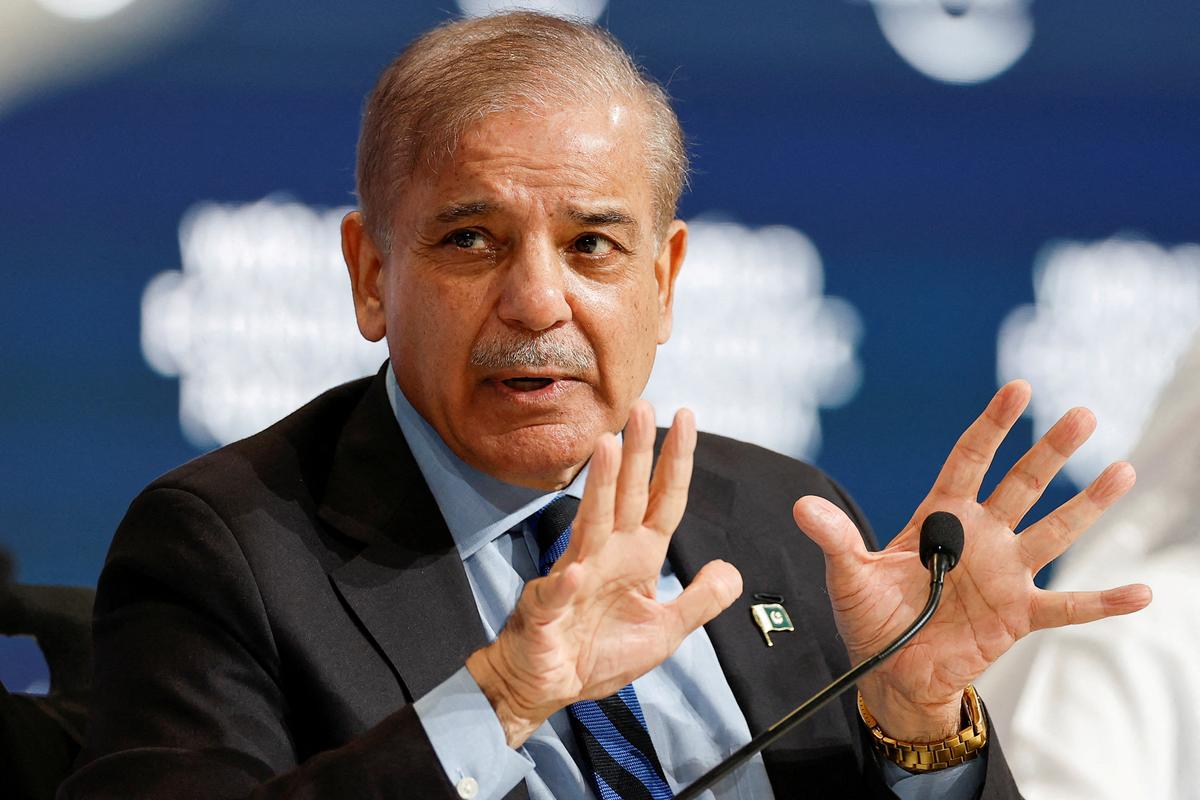
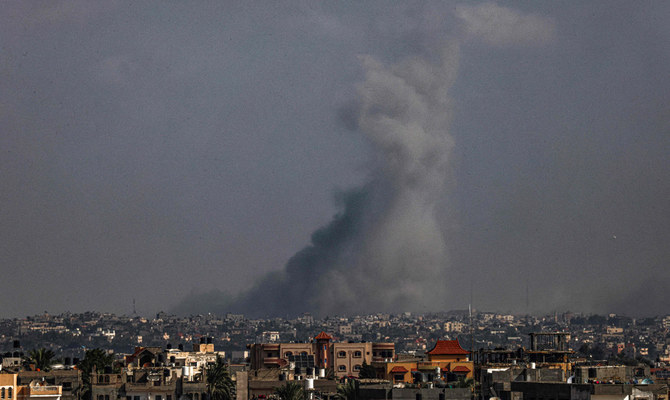
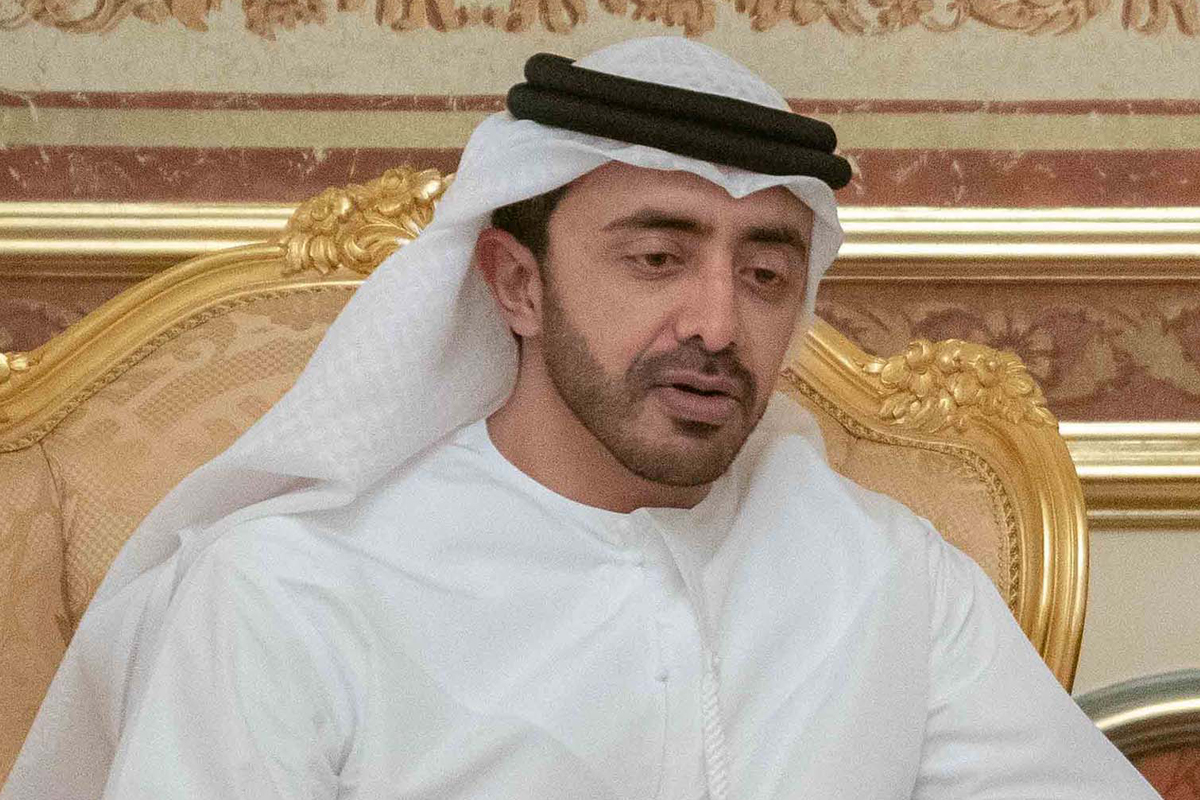
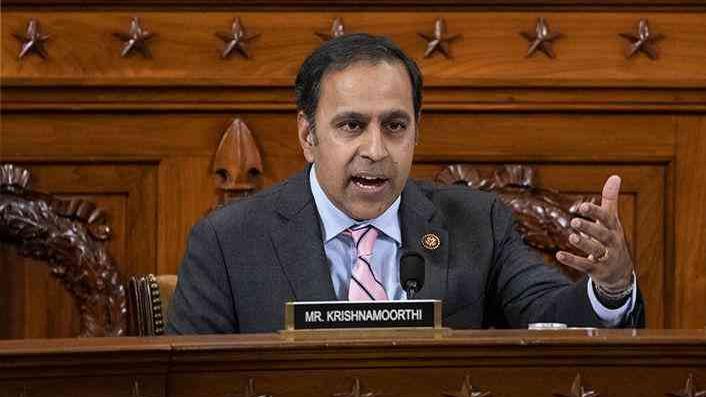

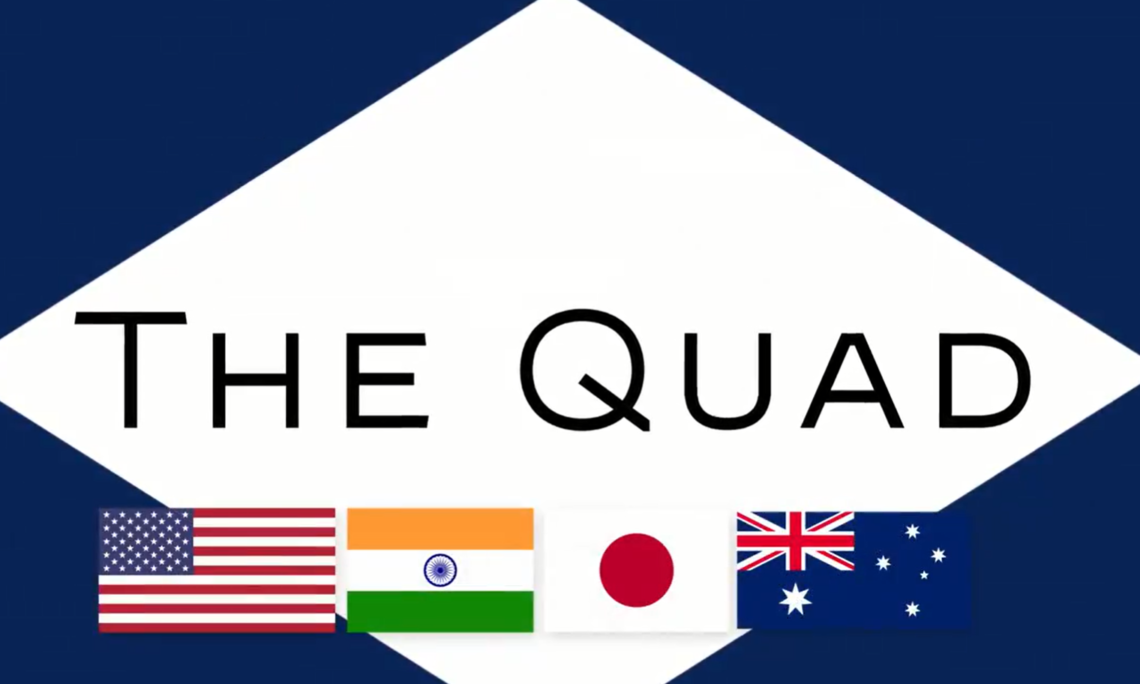

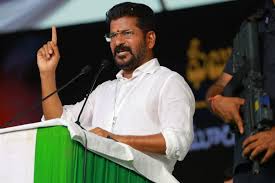


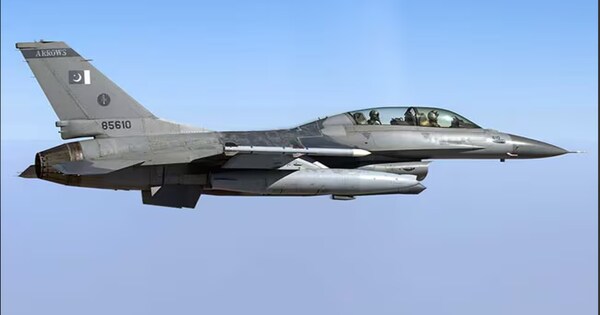
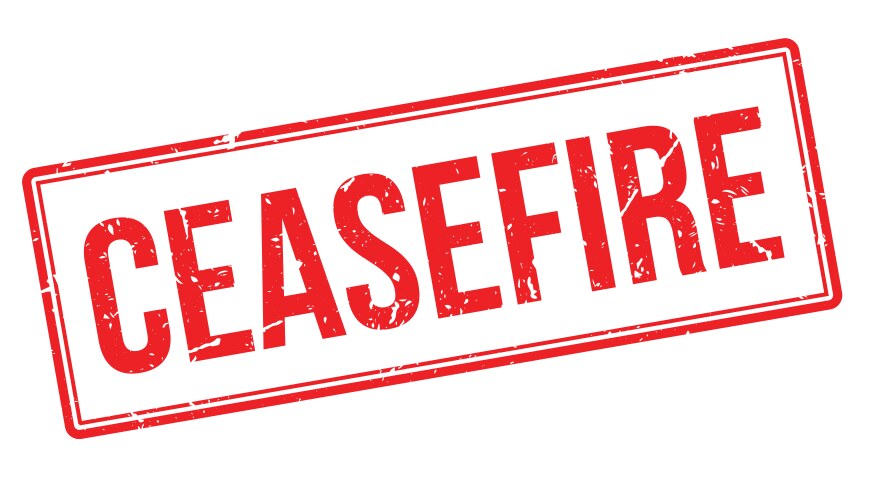



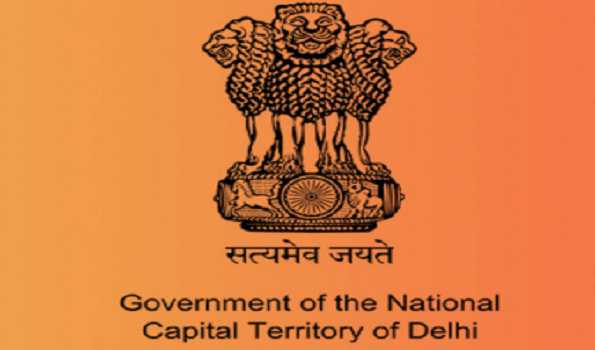




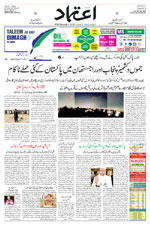


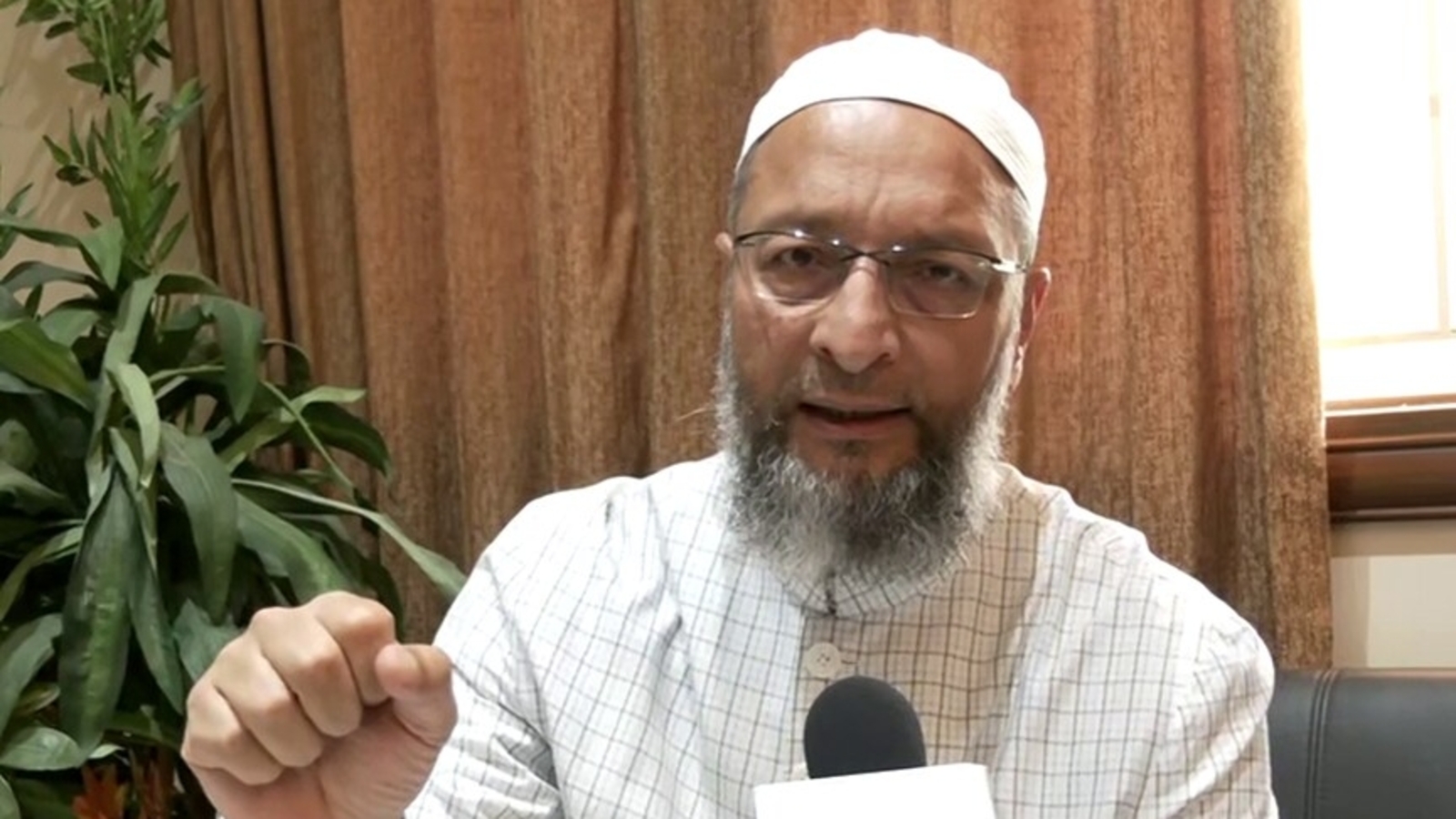
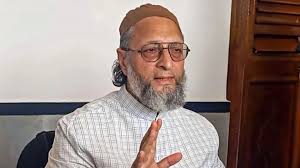
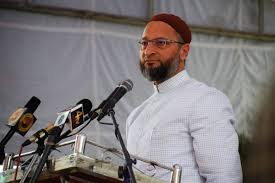





.jpg)




